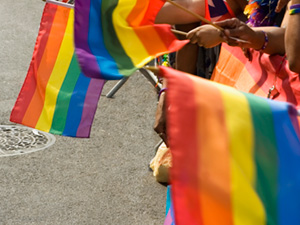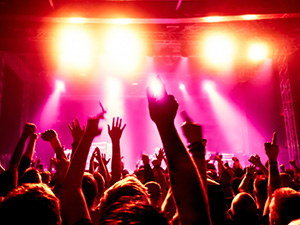Language: Portuguese
Climate: Due to its large size and varied topography, the climate of Brazil has a wide range of weather conditions, though about 90 percent lies within the tropical zone.
Time Zone: BRT - Brasília (Standard) Time; AMT - Amazon (Standard) Time; FNT - Fernando de Noronha Archipelago Time
International phone code: 55
Currency: Brazilian Real (R$)
Capital: Brasilia
Transportation: The two main airports are São Paulo-Guarulhos International Airport and Rio de Janeiro-Galeão International Airport. Long-distance bus service connects Brazil to its neighbouring countries. The main capitals linked directly by bus are Buenos Aires, Asunción, Montevideo, Santiago de Chile, and Lima. Amazon riverboats connect northern Brazil with Peru, Venezuela and Colombia. The ride is a gruelling 12 days upriver, though. Train service within Brazil is almost nonexistent. Air service covers most of Brazil. Note that many flights make many stops en route, particularly in hubs such as São Paulo or Brasilia. Most airports with regular passenger traffic are operated by the federal Infraero. They have a very convenient website, with an English version. A car is a good idea if you want to explore scenic areas, like the historic cities of Minas Gerais, the Rio-Santos highway, or the beaches in northeast Brazil. There are the usual car rental companies at the airports.
Gay Brazil:
Brazil's major cities are famous for their hedonism. São Paolo boasts the largest Pride parade in the world, with more than 3 million people on the streets in a parade over 2.5 miles long. The Gay Ball during Rio's Carnival gets international media coverage every year. And no gay travelogue on Rio would be complete without mentioning the Farme Gay stretch of the beach in Ipanema, which attracts local TV stars and international celebrities.
However, be aware that homophobia is widespread in Brazilian society, and Brazil is not the sexual haven that many foreigners perceive it to be. While the country allows same-sex marriage, its efforts to pass measures designed to curb anti-gay violence have failed. Targeted attacks and murders have been on the rise for several years – the statistics are shocking for a country often cited as one of the gay-friendliest in South America
That said, most major cities will have gay-friendly neighbourhoods with gay-oriented bars and clubs. It's best to gather information from locals as to what areas are more conservative and what areas are more progressive.




S(yx4az145hxn34fvv4l2iecv4))/content/user/images/Dest/110/19999-140-115.png)
S(yx4az145hxn34fvv4l2iecv4))/content/user/images/Dest/61/21544-140-115.png)
S(yx4az145hxn34fvv4l2iecv4))/content/user/images/Dest/109/20166-140-115.jpg)
S(yx4az145hxn34fvv4l2iecv4))/content/user/images/Dest/49/17143-140-115.png)
S(yx4az145hxn34fvv4l2iecv4))/content/user/images/Dest/370/24735-140-115.png) Florianópolis
FlorianópolisS(yx4az145hxn34fvv4l2iecv4))/content/user/images/Dest/204/22723-140-115.png) Rio de Janeiro
Rio de JaneiroS(yx4az145hxn34fvv4l2iecv4))/content/user/images/Dest/208/21480-140-115.png) Salvador
SalvadorS(yx4az145hxn34fvv4l2iecv4))/content/user/images/Dest/213/21105-140-115.png) São Paulo
São Paulo